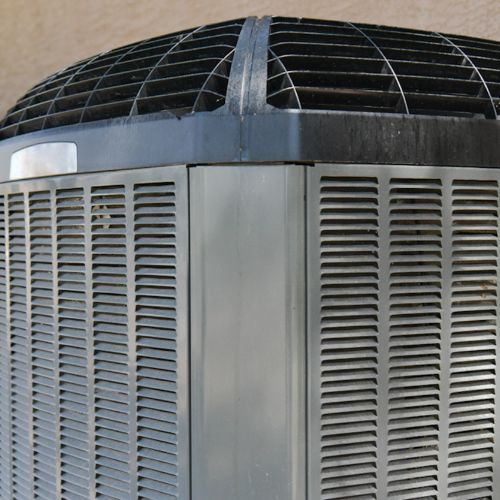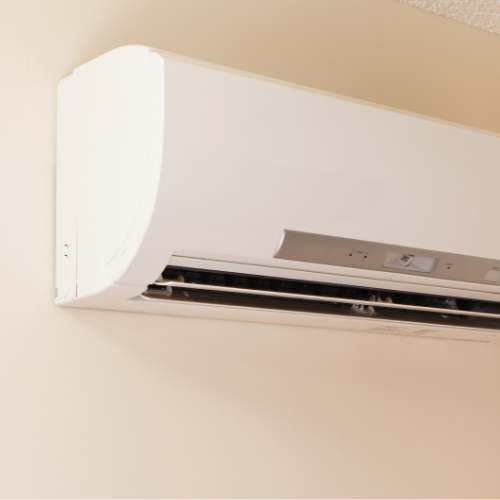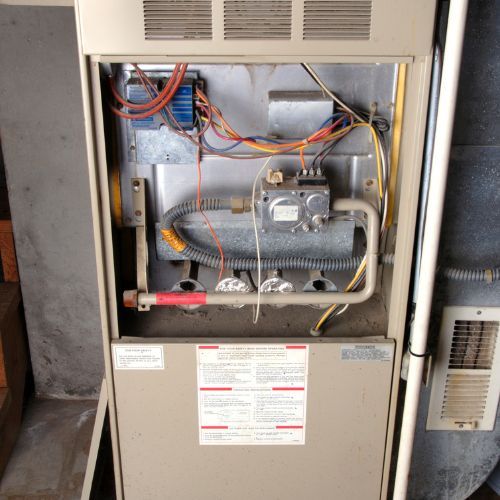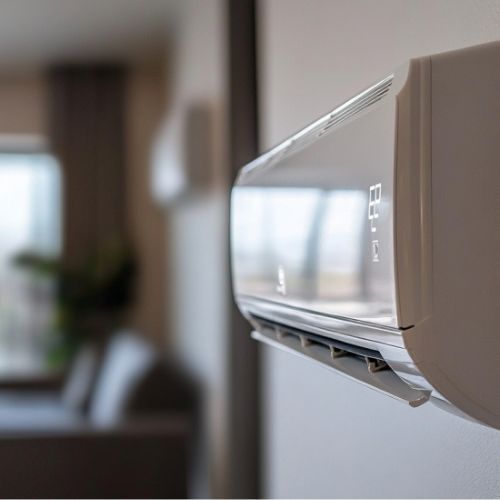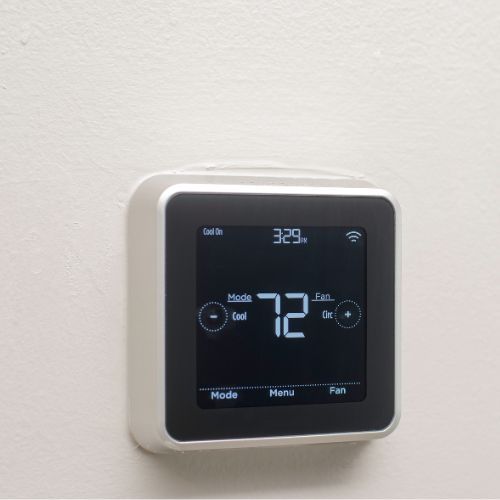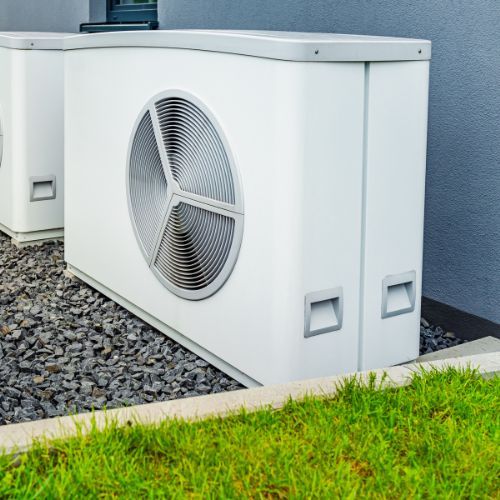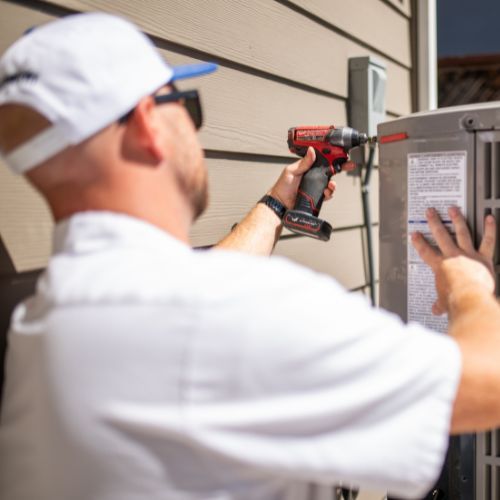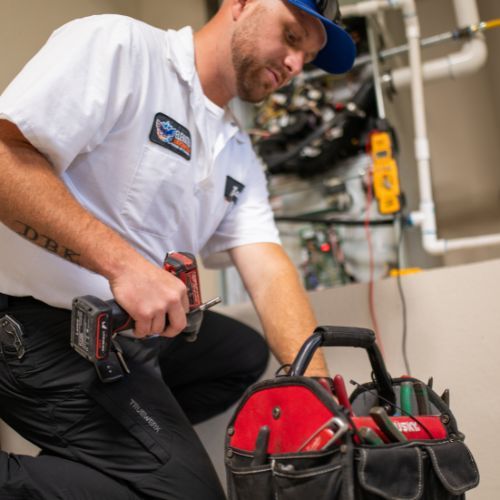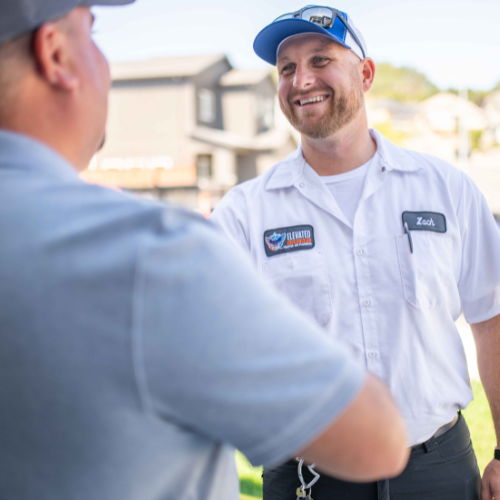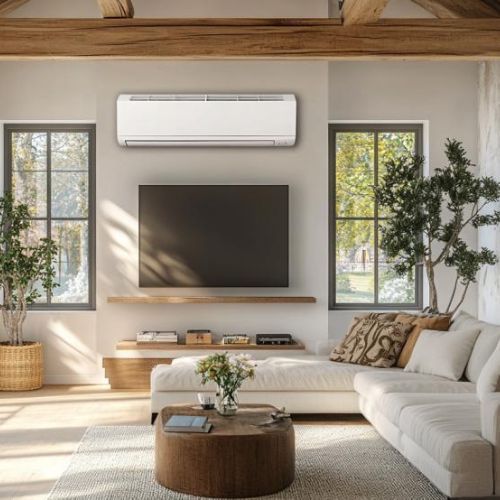What is the Average Cost of AC Installation in Santa Rosa, CA?
If you are considering installing a new air conditioning system in Santa Rosa, CA, you might be wondering about the cost. On average, AC installation costs range from $2,767 – $3,172, depending on several factors like unit type, home size, energy efficiency, and installation complexity.
Understanding what influences AC installation costs can help you make the best decision for your home and budget. In this guide, we will break down the key cost factors, what to expect during installation, and how to maintain your AC unit to maximize its lifespan.
Factors That Influence the Average Cost of AC Installation in Santa Rosa, CA
Several factors impact the overall cost of an AC unit installation. Let’s explore these factors in detail:
1. Type of AC Unit
The type of air conditioner you choose plays a significant role in determining the cost.
- Central AC Installation Cost ($5,000 – $12,000)
- Best for cooling an entire home efficiently.
- Requires ductwork, increasing installation complexity.
- Energy-efficient models can reduce long-term costs.
- Mini Split AC Installation ($2,000 – $8,000)
- Mini splits come with numerous advantages, and are ideal for homes without ductwork.
- Can cool individual rooms or zones.
- Higher upfront cost, but energy-efficient in the long run.
- Window AC Installation ($150 – $800 per unit)
- The most affordable option for small spaces.
- Installation is quick and easy but less energy-efficient than other systems.
2. Home Size and Layout
Larger homes require higher cooling capacity, which impacts cost. It is crucial to determine what is your air conditioner’s capacity. According to the U.S Department of Energy, an oversized unit will cool the room too quickly without dehumidifying it properly, leading to discomfort.
- Smaller homes (1,000 – 1,500 sq. ft.): $3,500 – $6,000
- Medium homes (1,500 – 2,500 sq. ft.): $5,000 – $9,000
- Larger homes (2,500+ sq. ft.): $7,500 – $12,000+
A home with multiple floors or open floor plans may require larger or multiple AC units for even cooling. Typically, you need 20 BTU for each square foot of living space. Consider room height, local climate, shading, and window size when selecting an air conditioner.
3. SEER Rating & Energy Efficiency
The SEER (Seasonal Energy Efficiency Ratio) rating measures how efficiently an AC unit uses energy.
- Standard models (SEER 14-16): Lower upfront cost, higher energy bills.
- High-efficiency models (SEER 18-25): Higher installation cost, but lower energy consumption.
Investing in a higher SEER-rated unit can save money on electricity bills over time, making it a wise long-term investment.
4. Ductwork Installation or Modification
- If your home already has ductwork, installation costs are lower.
- If new ductwork is needed, expect an additional $2,000 – $5,000.
- Leaky or damaged ducts may need sealing or repair, adding to the overall cost.
5. Labor and Installation Complexity
Labor costs in Santa Rosa, CA, typically range from $75 to $150 per hour. Installation costs depend on:
- Accessibility of the installation site.
- Electrical upgrades needed.
- Additional components like smart thermostats or zoning systems.
6. Permits and Local Regulations
In California, installing a new AC system requires permits, which can add $100 to $500 to the total cost. The Home Energy Rating System (HERS) Program, also known as the Field Verification and Diagnostic Testing Program, ensures homes meet California’s energy efficiency standards. Compliance with state energy efficiency regulations may also impact AC installation pricing, as certain home improvements may be required to fulfill California’s HVAC requirements.
It is important to choose a professional that you can trust, such as Elevated Comfort. An experienced technician will conduct a detailed assessment of your home to recommend the most suitable AC for you!
How to Maintain Your Air Conditioning Unit?
Regular maintenance helps extend the life of your AC unit and ensures efficient performance.
1. Change Air Filters Regularly
- Replace air filters every 1-3 months to prevent dust buildup.
- Clean filters improve airflow and energy efficiency.
2. Schedule Professional AC Tune-Ups
- Have your AC serviced at least once a year.
- Professional inspections help identify potential issues early.
3. Keep Outdoor Unit Clean
- Remove leaves, dirt, and debris around the outdoor condenser.
- Ensure at least 2 feet of clearance for proper airflow.
4. Check Thermostat Settings
- Set the thermostat to 78°F in summer while you’re at home, for optimal cooling and energy savings.
- Consider upgrading to a smart thermostat for better control.
5. Inspect Ductwork for Leaks
- Leaky ducts cause energy waste and uneven cooling.
- Seal duct leaks immediately with insulation or professional repairs. Elevated Comfort provides HVAC maintainance program to ensure your AC runs smoothly year-round!
Frequently Asked Questions
1. How long does it take to install an AC unit?
- Central AC installation takes 1-3 days.
- Mini split AC installation can be completed in a few hours to a day.
- Window AC installation typically takes under an hour.
2. Can I install an AC unit myself?
DIY window AC installation is possible, but installing central AC or mini-split systems requires professional expertise to ensure safety and efficiency. Contact a local expert such as Elevated Comfort for a free quote!
3. How long does an AC unit last?
- Central AC systems last 15-20 years with proper maintenance.
- Mini-split systems last 10-15 years.
- Window units last 5-10 years.
4. Are high-efficiency AC units worth the cost?
Yes! Though they have a higher upfront cost, high-efficiency AC units reduce electricity bills and increase home value.
5. Will installing a new AC unit increase my home value?
Yes, installing a new AC system can increase home resale value by approximately $2,500 and attract buyers.
Final Thoughts
Installing a new AC unit in Santa Rosa, CA, is an important investment that enhances your home’s comfort and energy efficiency. The total AC installation cost depends on factors like unit type, home size, energy efficiency rating, ductwork, and labor costs. While central AC systems offer whole-home cooling, mini-split units provide flexibility, and window units are budget-friendly alternatives.
Understanding what to expect during installation and following proper maintenance practices ensures your system operates efficiently for years. Regular tune-ups, filter replacements, and thermostat adjustments can significantly extend your AC’s lifespan and lower energy bills.
If you’re looking for a trusted HVAC company in Santa Rosa, Elevated Comfort is here to help. Our team of certified professionals offers expert AC installation, energy-efficient solutions, and competitive pricing tailored to your home’s needs.
Call Elevated Comfort today for a FREE consultation and let us help you find the perfect AC system for your home!
